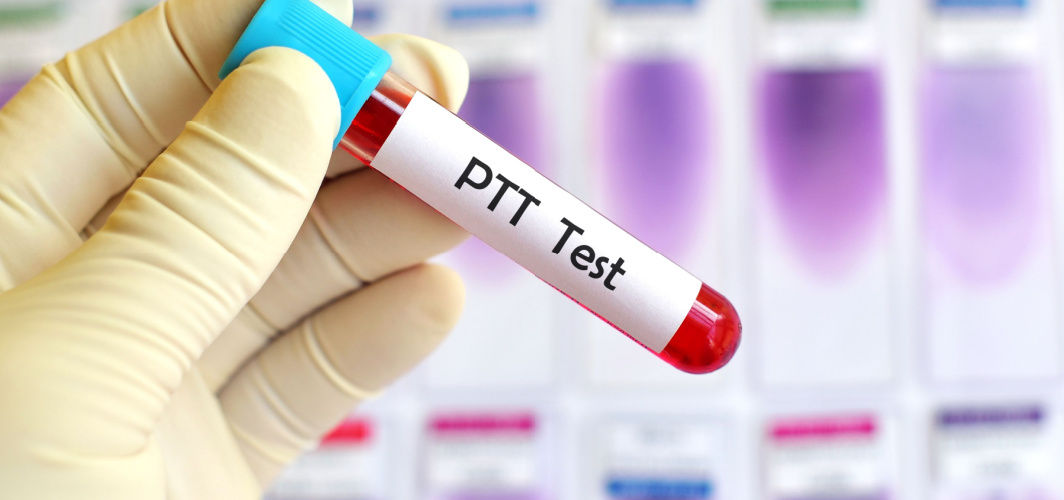General Health
Managing UTIs in Young Women
4 min read
By Apollo 24|7, Reviewed by Dr. Srividya Kalavagunta, Verified by Dr. Ima Rashid, Published on - 05 July 2024
Share this article
0
0 like
.jpg?tr=q-80)
A urinary tract infection, or UTI, is a bacterial infection in the urinary system, which includes the bladder, kidneys, ureters (tubes connecting kidneys to the bladder), and urethra (the tube carrying urine out of the body). If the infection is in the kidneys, it's called pyelonephritis; if the infection occurs in the bladder, it is known as cystitis.
UTIs are quite common and usually not too serious. Compared to men, women are more prone to have UTIs. Due to several factors like sexual activity, usage of certain contraceptives, personal hygiene, etc., UTIs are more common in younger women.
It is crucial for young women to understand the symptoms and causes of UTIs so that they can take preventive measures and seek medical advice to keep UTIs at bay.
Symptoms of UTIs
Recognizing UTI symptoms can help young women seek timely treatment. Some of the symptoms of UTI include:
- Burning sensation while urinating
- Increased need to urinate
- Severe pelvic pain
- Cloudy, bloody, dark or strong-smelling urine
- Passing frequent but small amounts of urine
Causes of UTIs
Urinary tract infections are mostly caused by bacteria that enter the urinary system. Escherichia coli is one of the most frequent culprits. Other bacteria like Klebsiella, Proteus, and Enterococcus can also lead to UTIs.
Factors that Increase the Risk of UTIs in Young Women
UTIs are quite common in young women because of the below-given factors:
- Sexual activity: Bacteria can be introduced into the urinary system due to sexual activities.
- Anatomy: The length of the urethra in women is shorter than in men, which lets bacteria enter the bladder easily.
- Personal hygiene: Bacteria can be transferred to the urethra from the anus if one wipes from back to front after using the toilet.
- Use of certain contraceptives: Women using contraceptives like spermicides and diaphragms are at an increased risk of contracting UTIs.
- Pregnancy: Pregnant women have a higher chance of getting UTIs.
- Certain medical conditions: Certain conditions such as a weakened immune system, being overweight, or having obstructions in the urinary tract can raise the likelihood of developing a UTI.
Recurrent UTIs in Young Women
About 25% of women who have experienced an acute UTI are estimated to develop recurrent urinary tract infections. For some women, these recurring episodes can vary in frequency, ranging from 0.3 to 7.6 times per year. If a UTI reoccurs within 2 weeks of being treated, it could be a new infection or a relapse of the previous one caused by the same bacteria.
Urinary Tract Infections (UTIs) and Sexual Activity
Urinary tract infections can occasionally result from sexual intercourse. Studies have indicated that having sex frequently—four or more times a week, in particular—may raise the risk of getting a urinary tract infection. This is because having sex raises the possibility of bacteria from the vaginal region entering the urethra and infecting the bladder.
Additionally, the use of spermicide and having new sexual partners may affect vaginal pH and raise the risk of UTIs.
Diagnosis of Urinary Tract Infections (UTIs)
Diagnosis of urinary tract infections starts with a review of the patient’s symptoms and medical history.
The doctor may also recommend urinalysis and urine culture to diagnose a UTI. Urinalysis involves the collection and examination of urine samples under a microscope to look for bacteria, red blood cells and white blood cells.
If an infection is detected in urinalysis or the patient has a history of recurrent infections, a urine culture is suggested to identify the specific type of bacteria causing the infection.
Treatment and Management of UTIs
Urinary tract infections (UTIs) are generally treated with antibiotics to eliminate the bacterial infection. These medications are prescribed based on the type of bacteria causing the infection and their susceptibility to specific antibiotics. Some over-the-counter medications may also be taken to ease discomfort.
For frequent infections or kidney stones, one may need to consult an expert in conditions of the urinary tract (urologist).
UTIs, if left untreated, may sometimes lead to a life-threatening condition known as sepsis which requires treatment in the hospital.
Tips for Young Women to Prevent UTIs
Urinary tract infections (UTIs) are common among women, but here are simple steps that can help prevent them:
- Always wipe from front to back after using the bathroom to avoid the risk of transferring bacteria to the urethra.
- Keep the genital area clean and empty your bladder regularly to reduce the risk of UTIs.
- Drink plenty of fluids including water.
- Urinate immediately after indulging in sexual activities.
- Use the restroom as soon as you feel the urge to pee.
- Avoid foods that can irritate the bladder. E.g. soda, coffee.
Conclusion
Young women are more vulnerable to UTIs because of various factors like sexual activity, anatomical structure of the urethra, etc. It is crucial to recognize the symptoms of UTI and get prompt treatment to prevent severe complications like sepsis. Fortunately, UTIs can be effectively managed with antibiotics prescribed by a doctor and following simple measures like drinking lots of water and urinating as soon as you feel the urge and after sexual activities.
Services
General Health
Consult Top Urologists
View AllLeave Comment
Services
Recommended for you

General Health
Blood Cancer: Types, Causes, Symptoms, Diagnosis, Treatment
Blood cancer like leukemia & lymphoma leads to an increase in abnormal blood cells, which hinder your body from performing its regular function and can be life-threatening. There is no cure for cancer but there are several ways to treat it.

General Health
7 Warning Signs of Cancer
Since most of the warning signs of cancer are similar to that of a general illness, a doctor would require several examinations such as x-rays, blood tests, or a biopsy to confirm the diagnosis.

General Health
What Is The Purpose Of The PTT Test?
Discover the vital role of the PTT test in diagnosing bleeding disorders like haemophilia and monitoring anticoagulant therapy effectively.
Subscribe
Sign up for our free Health Library Daily Newsletter
Get doctor-approved health tips, news, and more.
Visual Stories

The Best Exercises for Controlling Blood Sugar Levels
Tap to continue exploring
Recommended for you

General Health
Blood Cancer: Types, Causes, Symptoms, Diagnosis, Treatment
Blood cancer like leukemia & lymphoma leads to an increase in abnormal blood cells, which hinder your body from performing its regular function and can be life-threatening. There is no cure for cancer but there are several ways to treat it.

General Health
7 Warning Signs of Cancer
Since most of the warning signs of cancer are similar to that of a general illness, a doctor would require several examinations such as x-rays, blood tests, or a biopsy to confirm the diagnosis.

General Health
What Is The Purpose Of The PTT Test?
Discover the vital role of the PTT test in diagnosing bleeding disorders like haemophilia and monitoring anticoagulant therapy effectively.

